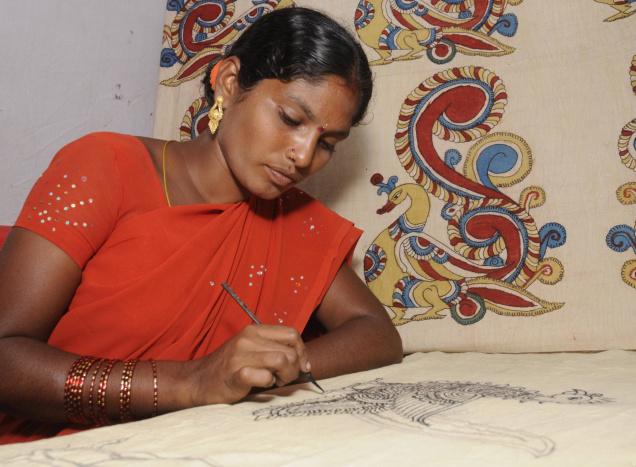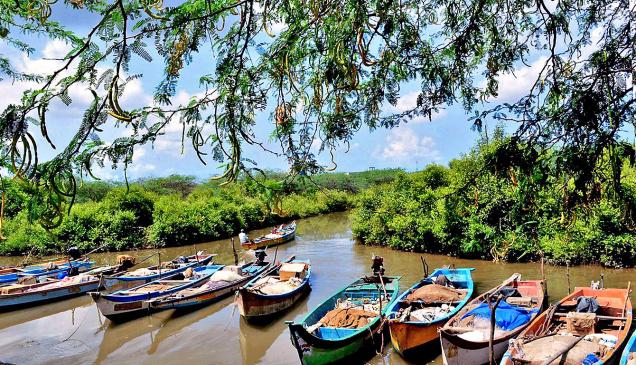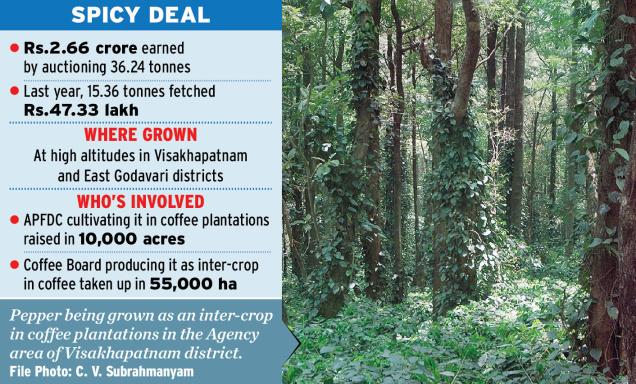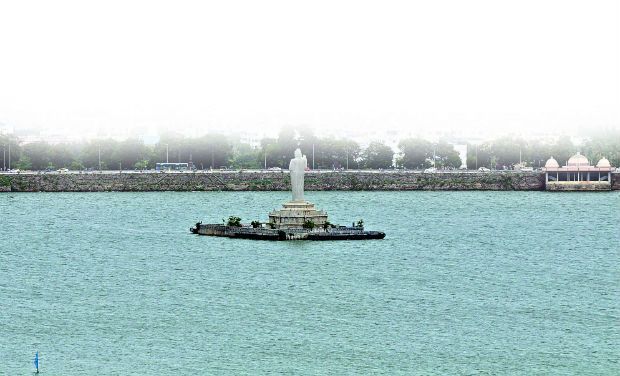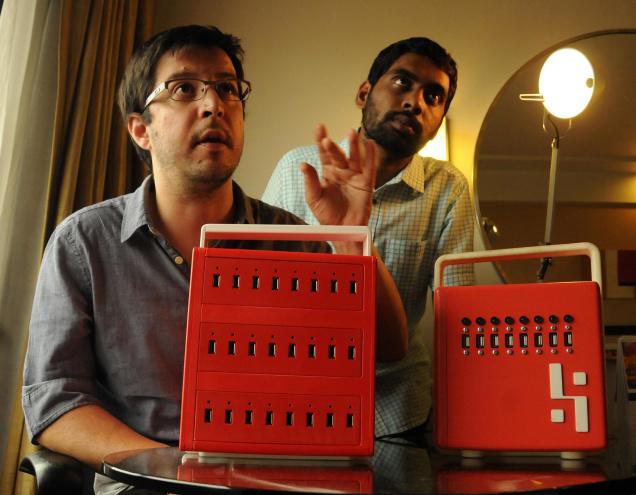
Global Business Incubator (GBI) in association with BuffaloGrid, a UK-based Solar Power Systems manufacturer, is planning to introduce off-grid electrical solutions across India.
GBI, based at Koneru Lakshmaiah University (KLU), will soon launch renewable solar power chargers in rural areas for sustainable economic growth, particularly in villages. The project will begin by August this year, said GBI India Head Srinivas Gogineni.
BuffaloGrid founder and managing director Daniel Becerra who was in the city, gave a power point presentation to students on the solar powered recharging device titled ‘BuffaloGrid’ at KLU on Friday. “BuffaloGrid is a device which can recharge 100 mobile phones, solar power lamps and other devices a day. The equipment, which will be supplied to agents free of cost, is safe and reliable for charging. Virgin Atlantic Airways Limited CEO Richard Branson is mentoring our product,” said Mr. Daniel.
Mr. Srinivas said off-grid devices enable social inclusion, e-government and help in poverty eradication. United Nations recognised that mobile phones are one of the biggest contributors to economic growth in the rural areas.
K.L. University vice-president Koneru Raja Hareen said the solar power device (BuffaloGrid) would focus on cellphone recharging, which means access to all critical services such as mobile banking, water point mapping, health care and even access to broadband services.
“The company will conduct a trial run with 40 devices. After the trial is completed, BuffaloGrid will start operations in India in the next two months,” said Mr. Hareen.
According to Mr. Srinivas, BuffaloGrid embarked upon expansion of its operations in Uganda, Ghana and India. Already, 12,000 agents had been identified in India.
The mobile phone would be recharged only if the port is unlocked in the device with an SMS. The details of the mobile phone recharged would be recorded by BuffaloGrid, and the company would collect charges from the service providers or mobile companies. “Deliberations in this regard are under way,” said Mr. Srinivas.
source: http://www.thehindu.com / The Hindu / Home> News> Cities> Vijayawada / by Rajulapudi Srinivas / Vijayawada – June 27th, 2014

